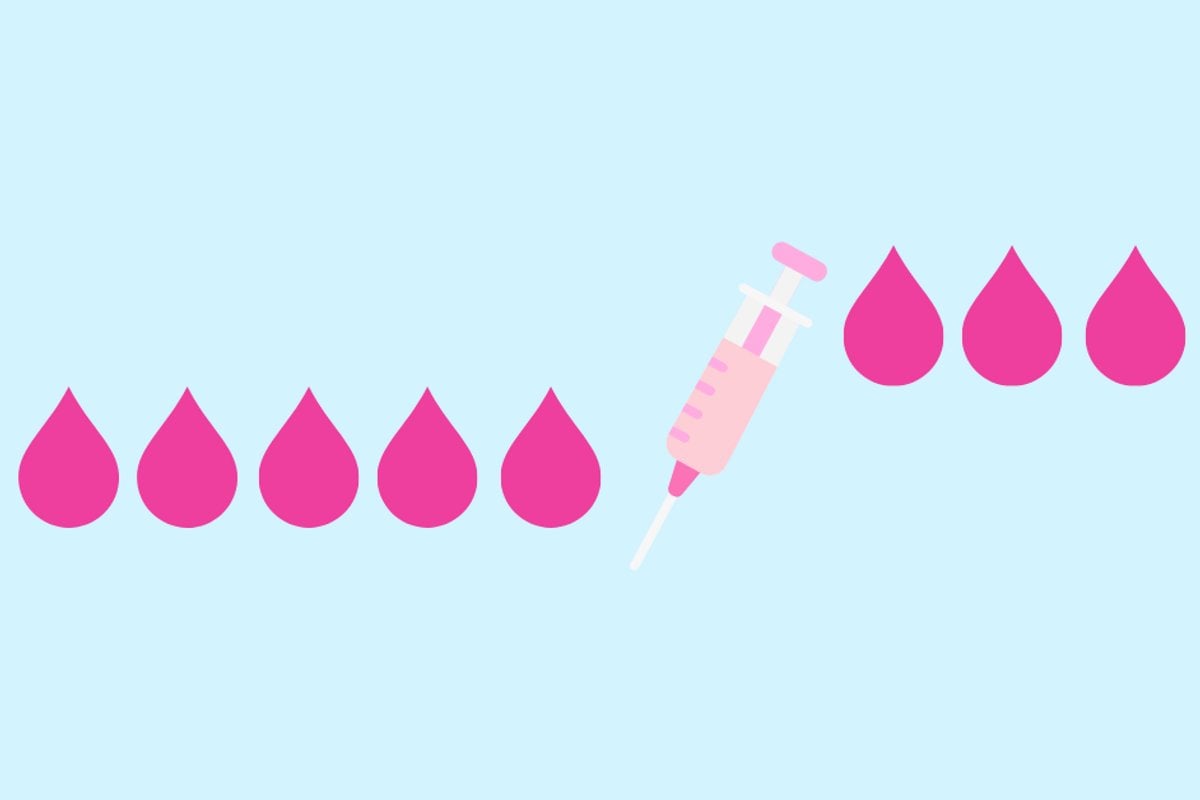
COVID has drummed up over 5.9 trillion search queries in Google since it arrived in our lives a year ago. And for good reason: it's a rather confusing disease that has triggered a pandemic and a global dash to generate a vaccine.
While we've hit the milestone of developing not one, but multiple vaccinations fit for the job of staving off COVID-19 symptoms and lessening the spread of the virus - there are some questions around the symptoms we should expect after getting jabbed.
And we have specific questions around COVID vaccines and... periods.
Watch: There are girls all over the world who miss school due to their periods. Post continues after video.
Why? Well, there have been murmurings of late periods, breakthrough bleeding and periods coming back for people who have already gone through menopause.
So, before we all got ahead of ourselves, we checked in with the experts to get the scientific response to your burning COVID-period questions.
Here's what they had to say.
Can the COVID vaccine mess up my cycle?
In short, it potentially can. But if it does, it's more of a nuisance than a concern.






Top Comments